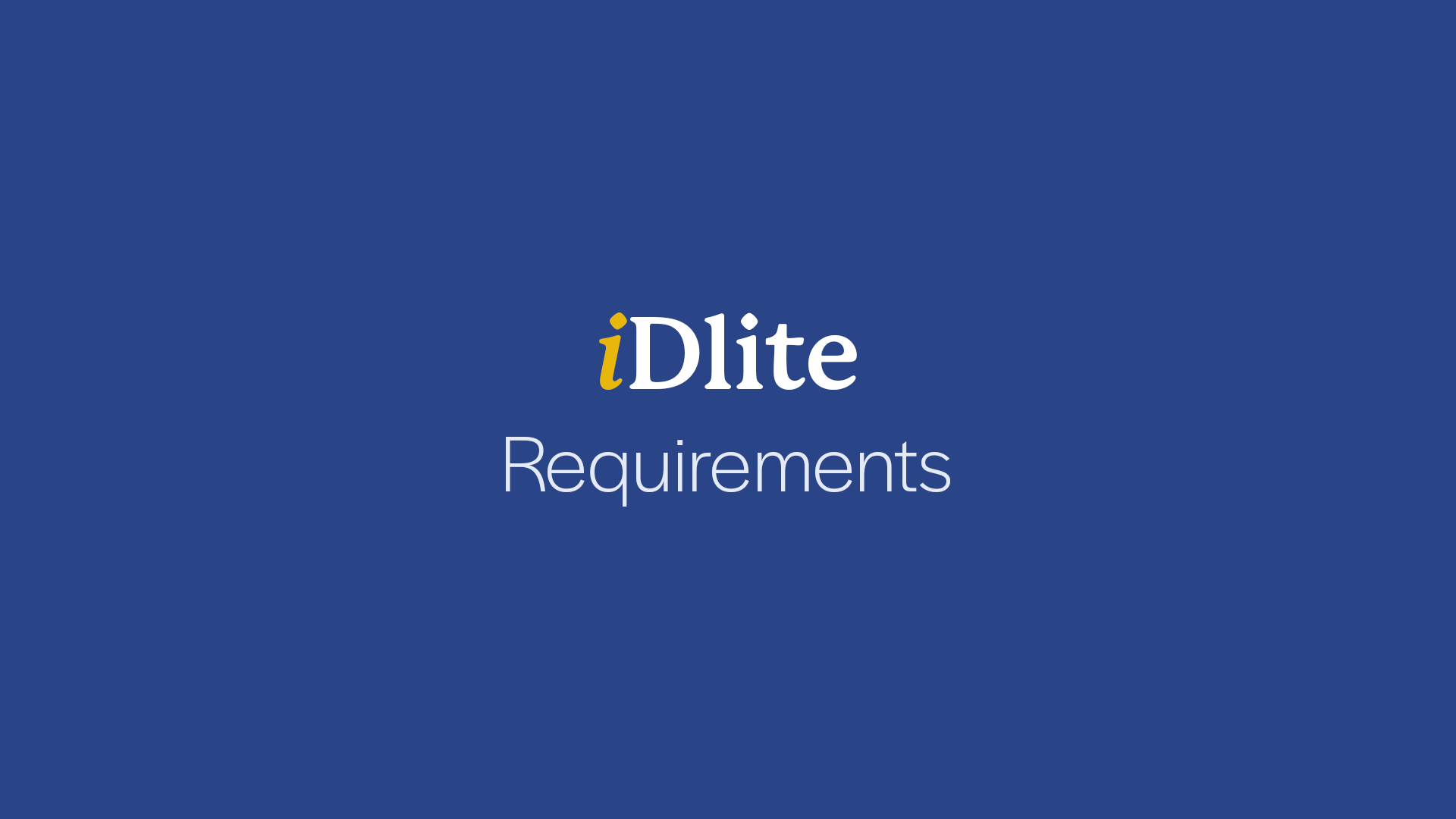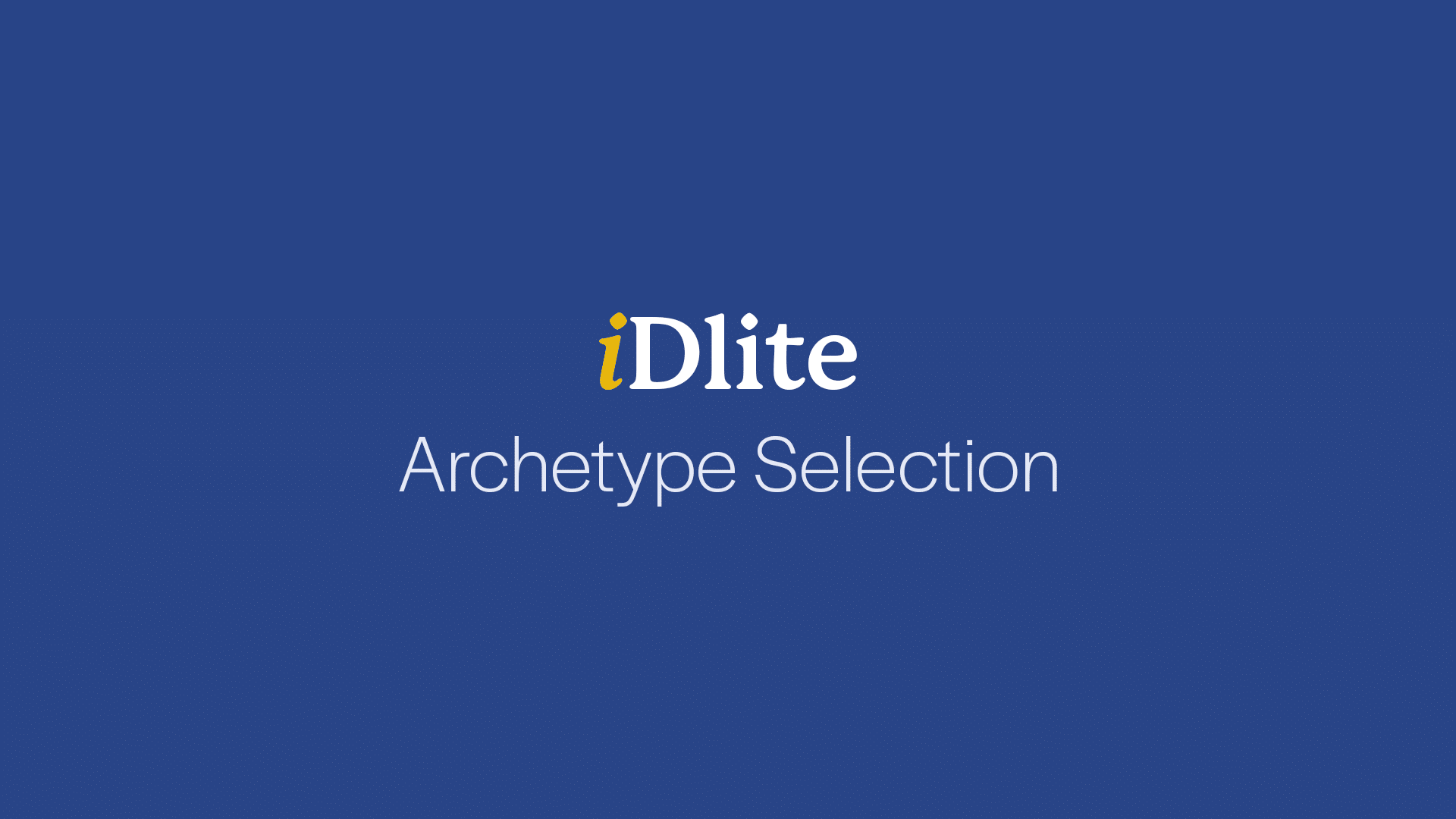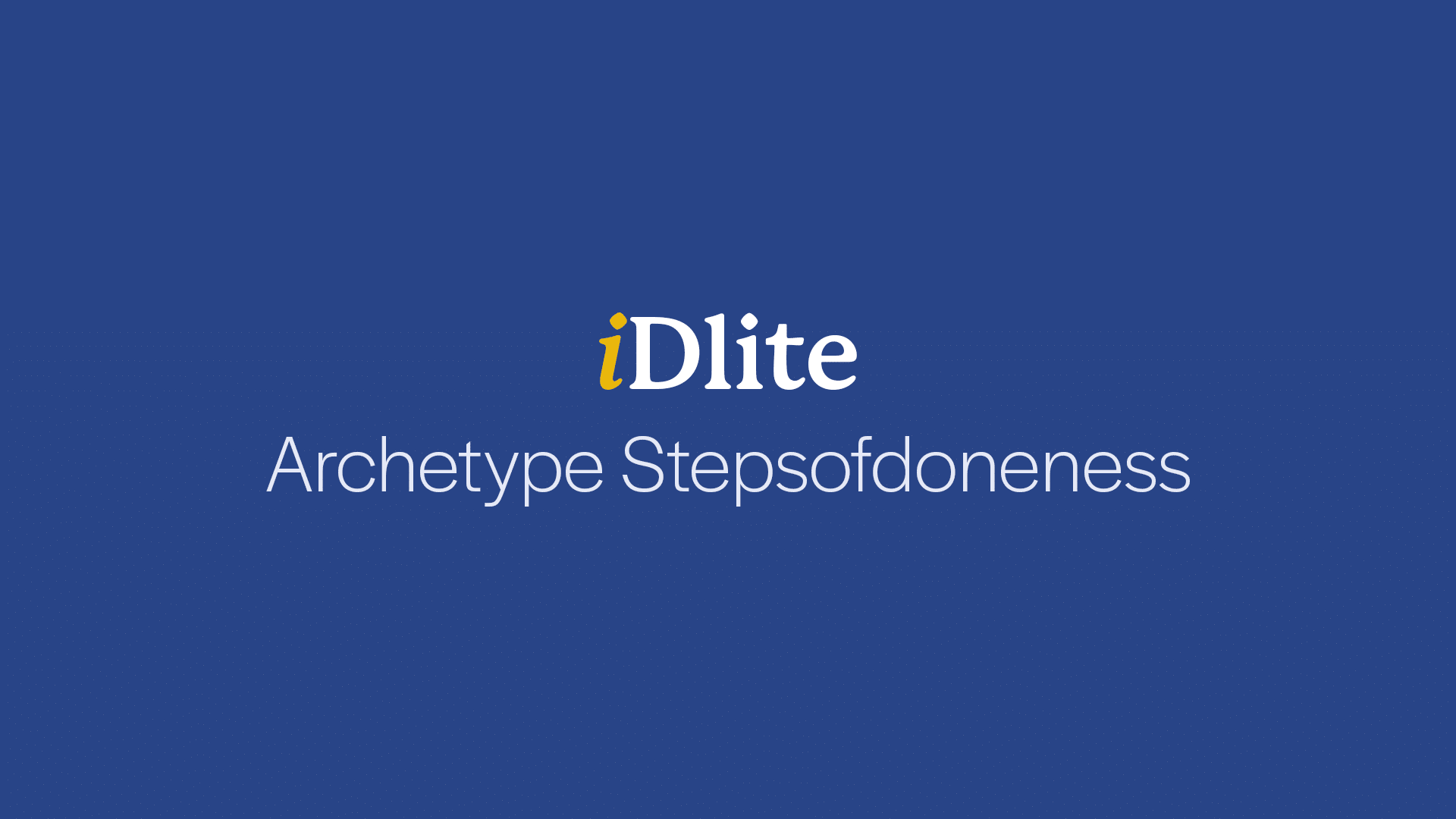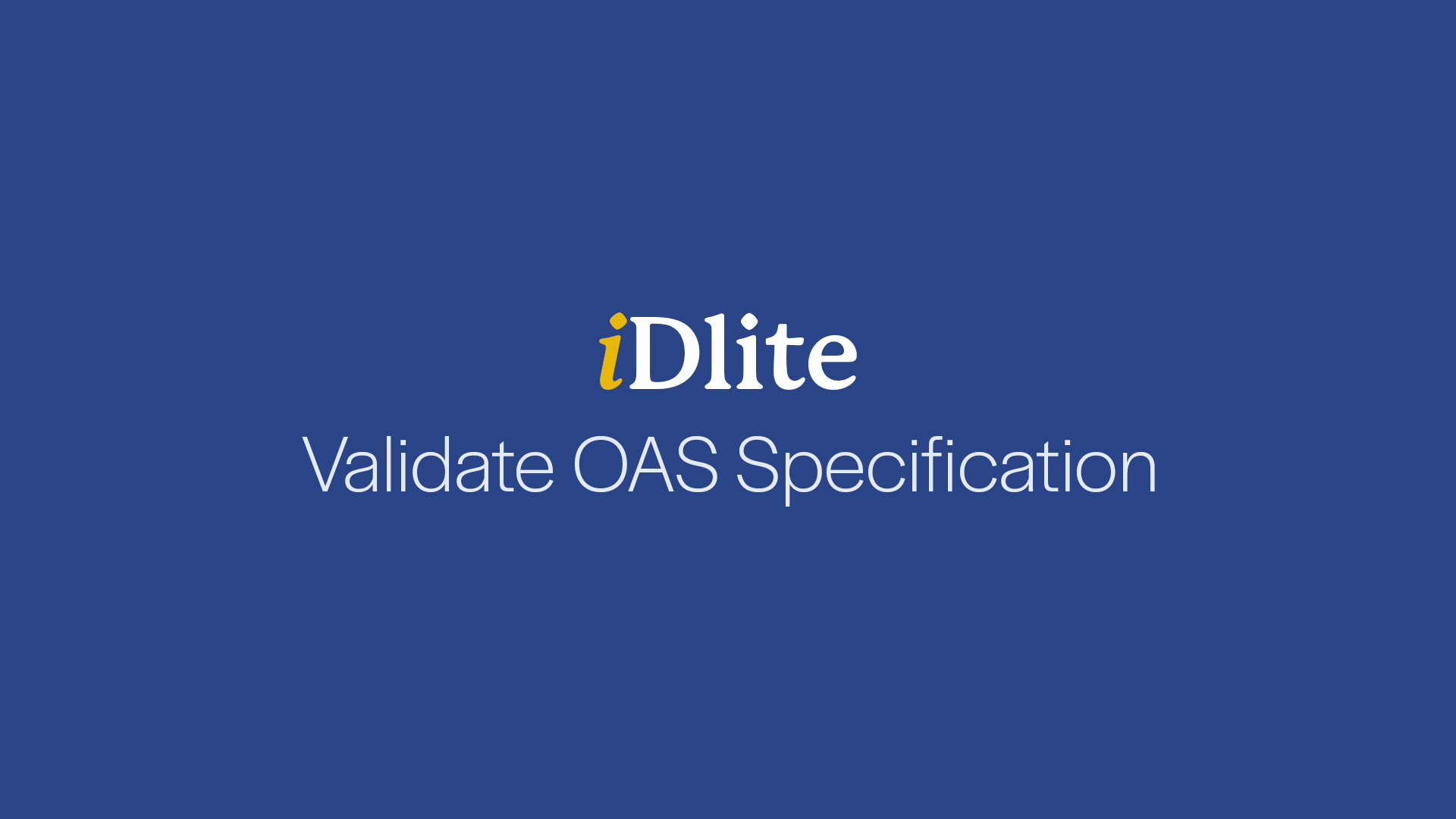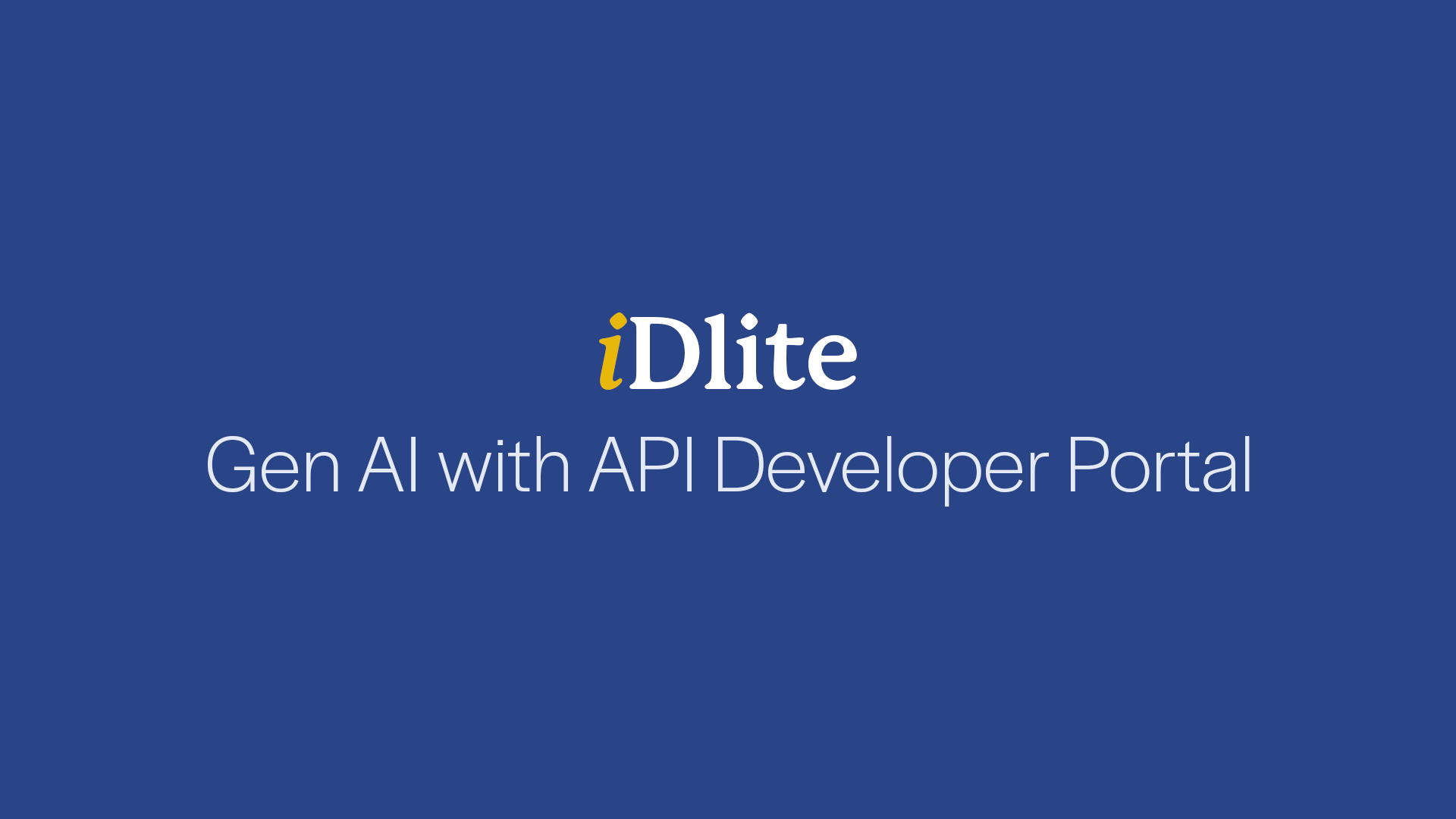

Client
Commercial banking unit of a large Canadian bank
Goal
Help lenders access information for complex lending applications on more timely basis and simplify onboarding of new users
Tools and Technologies
PyPDF2, Meta
Business Challenge
As a part of the credit adjudication process for a transaction, commercial bankers use an application to create summaries, memos and rating alerts as needed, which are instrumental for ongoing Capital at Risk (CaR) monitoring, Risk Profiling, Risk Adjusted Return on Capital (RAROC) computations, etc.
There is a significant amount of complexity involved in understanding this application due to the diversity in types of borrowers / loans, nature of collaterals, etc., e.g., How to create a transaction report for my deal? How to update an existing deal?
All of this information is spread across multiple user guides and FAQ documents that may run into hundreds of pages.

Solution
- Ringfenced a knowledge base comprised of the user guides of various functionalities (e.g., facility creation, borrower information, etc.)
- Built a custom-developed, React-based front-end for the conversational assistant to interact with the users
- Parsed, formatted and extracted text chunks from these documents using libraries such as PDF Miner, PyPDF2
- Created vector embeddings using sentence transformer embedding model (all-MiniLM-L6-v2) and stored as indices in the Facebook AI Similarity Search (FAISS) vector database
- Broke down the user query into vector embeddings, searched against the vector database and leveraged local LLM (Llama-2-7B-chat) to generate summarized responses based on the context passed to it by the similarity search

Outcomes
Our custom solution was a conversational agent built using Generative AI, which summarizes relevant information from multiple documents.
It significantly:
- Improved existing users’ ability to access relevant information on a timely basis
- Simplified the migration of bankers and integrations of lending applications resulting from merger or acquisition

Our experts can help you find the right solutions to meet your needs.
Meet us at the Open Banking Expo in Toronto

Meet Suneela Katikala and Pallavi Bhargava, our experienced client partners in the banking, financial services and payments technology space, at the Open Banking Expo on June 11, 2024 at the Metro Toronto Convention Centre in Ontario, Canada.
As financial institutions strive to rapidly implement the open banking initiative in Canada - more collaborative, secure, and efficient banking and payment systems - it is imperative that they work with technology providers with demonstrated agility, knowledge and IT expertise in these areas. For decades, Iris has accelerated the digital transformation journeys of major global and Canadian banks and financial services and payments enterprises.
Learn from Suneela and Pallavi how our solutions in AI / ML, Application Modernization, Automation, Cloud, Data Science, DevOps, Enterprise Analytics, Integrations, and Quality Engineering improved clients’ data quality, reliability and scalability; platform and systems efficiency; user interfaces and experiences; insight extraction and decision-making; and regulatory compliance. Also note that Iris is PCIDSS 4.0-certified to ensure robust cyber security and compliance for clients involved in payment card processing or that store, process, or transmit cardholder data and/or sensitive authentication data.
For more information on the benefits of our future-ready solutions, visit Iris Software Banking and Financial Services. Read our Perspective Papers on navigating Digital Ledger Technology and the state of Central Bank Digital Currency for more insights.
Contact
Our experts can help you find the right solutions to meet your needs.
Get in touchConversational assistant boosts AML product assurance



Client
A large global bank
Goal
Improve turnaround time to provide technical support for the application support and global product assurance teams
Tools and Technologies
React, Sentence–Bidirectional Encoder Representations from Transformers (S-BERT), Facebook AI Similarity Search (FAISS), and Llama-2-7B-chat
Business Challenge
The application support and global product assurance teams of a large global bank faced numerous challenges in delivering efficient and timely technical support as they had to manually identify solutions to recurring problems within the Known Error Database (KEDB), comprised of documents in various formats. With the high volume of support requests and limited availability of teams across multiple time zones, a large backlog of unresolved issues developed, leading to higher support costs.

Solution
Our team developed a conversational assistant using Gen AI by:
- Building an interactive customized React-based front-end
- Ringfencing a corpus of problems and solutions documented in the KEDB
- Parsing, formatting and extracting text chunks from source documents and creating vector embeddings using Sentence–Bidirectional Encoder Representations from Transformers (S-BERT)
- Storing these in a Facebook AI Similarity Search (FAISS) vector database
- Leveraging a local Large Language Model (Llama-2-7B-chat) to generate summarized responses

Outcomes
The responses generated using Llama-2-7B LLM were impressive and significantly reduced overall effort. Future enhancements to the assistant would involve:
- Creating support tickets based on information collected from users
- Categorizing tickets based on the nature of the problem
- Automating repetitive tasks such as access requests / data volume enquiries / dashboard updates
- Auto-triaging support requests by asking users a series of questions to determine the severity and urgency of the problem

Our experts can help you find the right solutions to meet your needs.
Automated financial analysis reduces manual effort



Client
Commerical lending and credit risk units of large North American bank
Goal
Automated retrieval of information from multiple financial statements enabling data-driven insights and decision-making
Tools and Technologies
OpenAI API (GPT-3.5 Turbo), LlamaIndex, LangChain, PDF Reader
Business Challenge
A leading North American bank had large commercial lending and credit risk units. Analysts in those units typically refer to numerous sections in a financial statement, including balance sheets, cash flows, and income statements, supplemented by footnotes and leadership commentaries, to extract decision-making insights. Switching between multiple pages of different documents took a lot of work, making the analysis extra difficult.

Solution
Many tasks were automated using Gen AI tools. Our steps:
- Ingest multiple URLs of financial statements
- Convert these to text using the PDF Reader library
- Build vector indices using LlamaIndex
- Create text segments and corresponding vector embeddings using OpenAI’s API for storage in a multimodal vector database e.g., Deep Lake
- Compose graphs of keyword indices for vector stores to combine data across documents
- Break down complex queries into multiple searchable parts using LlamaIndex’s DecomposeQueryTransform library

Outcomes
The solution delivered impressive results in financial analysis, notably reducing manual efforts when multiple documents were involved. Since the approach is still largely linguistic in nature, considerable Prompt engineering may be required to generate accurate responses. Response limitations due to the lack of semantic awareness in Large Language Models (LLMs) may stir considerations about the usage of qualifying information in queries.

Our experts can help you find the right solutions to meet your needs.
Next generation chatbot eases data access



Client
Large U.S.-based Brokerage and Wealth Management Firm
Goal
Enable a large number of users to readily access summarized information contained in voluminous documents.
Tools and Technologies
Google Dialogflow ES, Pinecone, Llamaindex, OpenAI API (GPT-3.5 Turbo)
Business Challenge
A large U.S.-based brokerage and wealth management client has a large number of users for its retail trading platform that offers sophisticated trading capabilities. Although extensive information was documented in hundreds of pages of product and process manuals, it was difficult for users to access and understand information related to their specific needs (e.g., How is margin calculated? or What are Rolling Strategies? or Explain Beta Weighting).

Solution
Our Gen AI solution encompassed:
- Building a user-friendly interactive chatbot using Dialogflow in Google Cloud
- Ringfencing a knowledge corpus comprising specific documents to be searched against and summarized (e.g., 200-page product manual, website FAQ content)
- Using a vector database to store vectors from the corpus and extract relevant context for user queries
- Interfacing the vector database with OpenAI API to analyze vector-matched contexts and generate summarized responses

Outcomes
The OpenAI GPT-3.5 turbo LLM (170 bn parameters) delivered impressive linguistic search and summarization capabilities in dealing with information requests. Prompt engineering and training are crucial to secure those outcomes.
In the case of a rich domain such as a trading platform, users may expect additional capabilities, such as:
- API integration, to support requests requiring retrieval of account/user specific information, and
- Augmentation of linguistic approaches with semantics to deliver enhanced capabilities.

Our experts can help you find the right solutions to meet your needs.
Home » Industries » Banking & Financial Services

The State of Central Bank Digital Currency
Innovations in digital currencies could redefine the concept of money and transform payments and banking systems.

Do you trust your data?
Data driven organizations are ensuring that their Data assets are cataloged and a lineage is established to fully derive value out of their data assets.
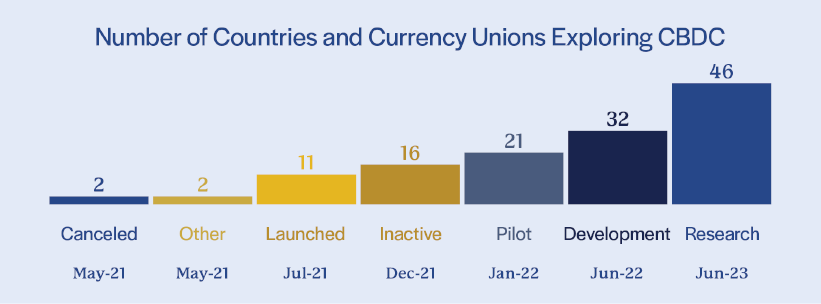
Central banking institutions have emerged as key players in the world of banking and money. They play a pivotal role in shaping economic and monetary policies, maintaining financial system stability, and overseeing currency issuance. A manifestation of the evolving interplay between central banks, money, and the forces that shape financial systems is the advent of Central Bank Digital Currency (CBDC). Many drivers have led central banks to explore CBDC: declining cash payments, the rise of digital payments and alternative currencies, and disruptive forces in the form of fin-tech innovations that continually reshape the payment landscape.
Central banks are receptive towards recent technological advances and well-suited to the digital currency experiment, leveraging their inherent role of upholding the well-being of the monetary framework to innovate and facilitate a trustworthy and efficient monetary system.
In 2023, 130 countries, representing 98% of global GDP, are known to be exploring a CBDC solution. Sixty-four of them are in an advanced phase of exploration (development, pilot, or launch), focused on lower costs for consumers and merchants, offline payments, robust security, and a higher level of privacy and transparency. Over 70% of the countries are evaluating digital ledger technology (DLT)-based solutions.
While still at a very nascent stage in terms of overall adoption for CBDC, the future of currency promises to be increasingly digital, supported by various innovations and maturation. CBDC has the potential to bring about a paradigm shift, particularly in the financial industry, redefining the way in which money, as we know it, exchanges hands.
Read our perspective paper to learn more about CBDCs – the rationale for their existence, the factors driving their implementation, potential ramifications for the financial landscape, and challenges associated with their adoption.
Contact
Our experts can help you find the right solutions to meet your needs.
Get in touchCustom analytics enable faster business decisions



Client
U.S.-based asset management company
Goal
Streamline and improve data and analytics capabilities for enhanced user experiences
Technology Tools
Java, React JS, MS SQL Server, Spring Boot, GitHub, Jenkins
Business Challenge
The client captures voluminous data from multiple internal and external sources. The absence of quick, on-demand capabilities for business users was inefficient in generating customized portfolio analytics on attributes such as average quality, yield to maturity, average coupon, etc.
The client teams were spending enormous amounts of manual effort and elapsed time (approximately 12-15 hours) to respond to requests for proposals from their respective clients.

Solution
Iris implemented a data acquisition and analytics system with pre-processing capabilities for grouping, classifying, and handling historical data.
A data dictionary was established for key concepts, such as asset classes and industry classifications, enabling end users to access data for analytical computation. The analytics engine was refactored, optimized, and integrated into the streamlined investment performance data infrastructure.
The team developed an interactive self-service capability, allowing business users to track data availability, perform advanced searches, generate custom analytics, visualize information, and utilize the insights for decision-making.

Outcomes
The solution brought several benefits to the client, including:
- Simplified data access to generate custom analytics for end users
- Eliminated manual processing and the need for complex queries
- Enhanced the stakeholder experience
- Reduced response time to client RFPs by over 50%

Our experts can help you find the right solutions to meet your needs.
Test Automation Speeds Model Risk Management System

Client
Top international bank
Goal
Fully automate the model risk management system framework to improve quality and confidence in testing results
Tools and technologies
Java, Selenium, Maven, TestNG, Git


BUSINESS CHALLENGE
The client's existing model risk framework was inefficiently handling functional testing aspects and risk scenarios due to lack of an end-to-end testing framework. Built on redundant, hard-to-debug, and non-scalable code, the system was unreliable for model risk testing. Test cases and controls were maintained and executed in Excel, eliminating parallel workflow abilities, tempering testing results, contributing to increased testing efforts and even delaying production launches in some cases. Scalability of testing using automation, running data-driven, end-to-end test flows, and restoring confidence in test results were the client's prime challenges.

SOLUTION
Iris built a lightweight and scalable new framework, providing 100% automated regression testing of functional test cases. Using simplified, customizable code that separated automation utilities and test functions, Iris' solution brought multiple improvements. Among them was faster test execution due to significantly reduced manual efforts. It also resulted in better quality and stability from the early identification of testing issues, enabling immediate corrective actions to occur. Another advantage of the solution was adaptability to multiple application areas due to ease of maintainability and traceability of code employed.

OUTCOMES
The client experienced several positive effects from the new, fully-automated solution:
- Acquired a 100% stable, scalable, reusable test framework
- ROI of 72%; payback period of less than 8 months
- 20% reduction in testing efforts for faster time to market
- Significant decrease in time required for ongoing maintenance of test scripts
Contact
Our experts can help you find the right solutions to meet your needs.
Get in touchData warehouse enhances client communications

Client
A U.S.-based investment bank
Goal
Improve data collation and information quality for enhanced marketing and client reporting functions
Tools and technologies
Composite C1, Oracle DB, PostgreSQL, Vermilion Reporting Suite, Python, MS SQL Server, React.js


BUSINESS CHALLENGE
The client’s existing investment data structure lacked a single source of truth for investment and performance data. The account management and marketing teams were making significant manual efforts to track portfolio performance, identify opportunities and ensure accurate client reporting. The time-consuming and manual processes of generating marketing exhibits and client reports were highly error-prone.

SOLUTION
Iris implemented a comprehensive investment data infrastructure for a single source of truth and improved reporting capabilities for marketing content and client report generation. An automated Quality Assurance process was instituted to validate the information in critical marketing materials, such as fact sheets, snapshots, sales kits, and flyers, against the respective data source systems. Retail and institutional portals were developed to provide a consolidated view of portfolios, with the ability to drill down to underlying assets, AUM (Assets Under Management) trends, incentives, commissions, and active opportunities.

OUTCOMES
The new data infrastructure delivered a holistic, on-demand view of investment details, including performance characteristics, breakdowns, attributions, and holdings, to the client's marketing team and account managers with:
- ~95% reduction in performance data and exhibit information discrepancies
- ~60% improvement in operational efficiency in core marketing and client reporting functions
Contact
Our experts can help you find the right solutions to meet your needs.
Get in touchBrokerage platform transformation improves UX

Client
A leading U.S. brokerage firm with $1+ trillion in assets and serving 6,000+ RIAs
Goal
Resolve online platform accessibility, functionality and timeliness issues
Tools and technologies
Angular 9, Jenkins, Pivotal Cloud Foundry, Oracle, Kubernetes, Spring, Docker


BUSINESS CHALLENGE
Client’s existing brokerage platform supporting over 6,000 Registered Investment Advisors (RIAs) and containing information about assets valued at more than $1 trillion had accessibility issues. The high cost of owning and maintaining outdated technologies and time-to-market for new features were adding to the business challenges.

SOLUTION
Iris transitioned the client’s monolith applications to microservices to transform the RIA platform. An open-source, cloud technical stack was leveraged to develop a single-page, micro-UI-based application. BFF (Backend for Frontend) design was applied, and Angular 9 was used to achieve superior compatibility on mobile devices. Widgets were introduced to enable seamless transitions within third-party applications. Consolidated user views were created to track assets and their performance for a unified experience for the RIAs.

OUTCOMES
- Fully functional mobile views
- 100+ integrated third-party applications
- Instant and seamless access to client accounts
- Downtime for hot deployments of fixes brought to zero
- Technical debt decreased by 45%
- Release timelines shortened by 80%
- Issue resolution time reduced by 90%
Contact
Our experts can help you find the right solutions to meet your needs.
Get in touchCompany


